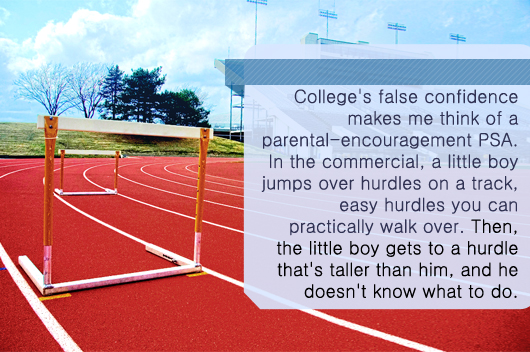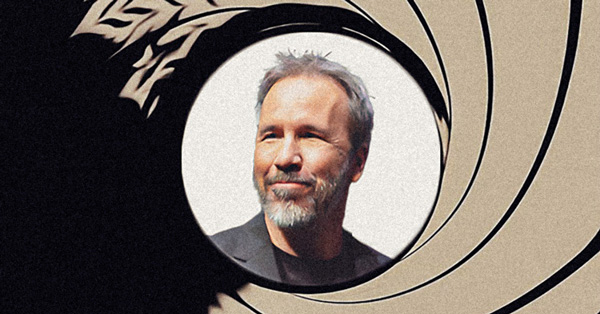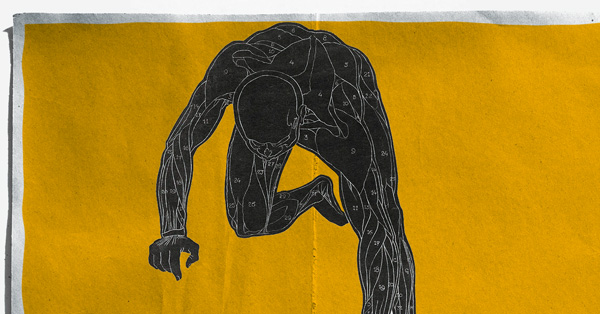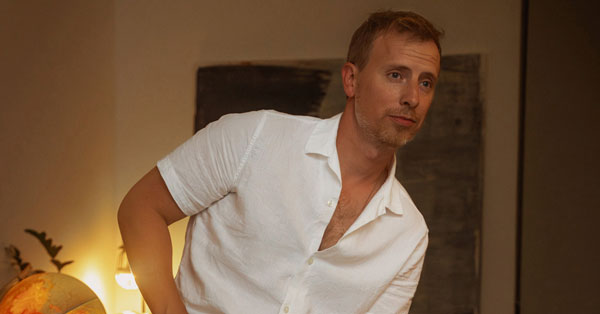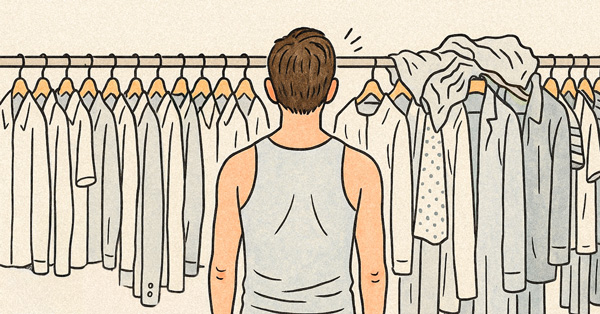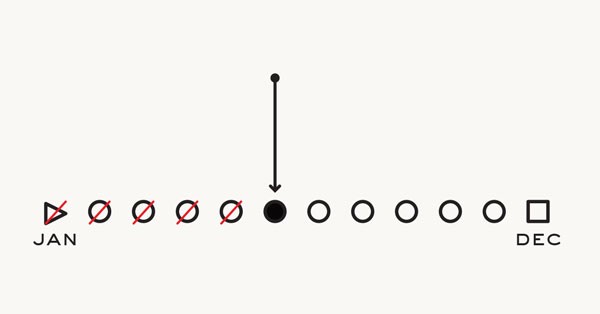Recently, I received an email from my undergrad, “Agony” College (I have unaffectionately dubbed the school “Agony” to protect the guilty). The head of the English Department had mass-emailed the creative writing students, surveying them for information on how Agony could improve the department, what graduate schools the students have attended since graduating in 2006, as well as lists of jobs students have held.
With a flex of my fingers, I quickly got to work on my keyboard. I had been waiting for them to ask me this, similar to the way the Count of Monte Cristo plotted away revenge for years in a jail cell.
I unleashed a fury of words on them, detailing all of the unsung internships, failed job opportunities, unpaid gigs. As a creative writing major, I knew I wasn't going to become a millionaire, or even land my dream job right away (if ever), but based on Agony's coddling and self-appraisal, I figured that I'd at least get noticed by companies and businesses. I graduated with honors, for Pete's sake.
They responded to my verbal beatdown the only way I knew Agony would, with a pat on the back and a well-wish for future endeavors. They once again swept me under the alumni rug. I suppose they won't be using my Agony endorsement in any future prospective-student fliers in the mail.
I realize colleges and universities aren't responsible for student life beyond four years. But I always thought that if I had trouble finding a job, Agony would still be a resource for me past graduation. For the most part, they were pretty good to me while I was there. I've had three years to think about college and post-college life, and I've determined that a four-year education only gives you the foundation. You really don't learn anything until after you turn your tassel.
Here are 5 Things I Wish I Knew After College:
1. I should have tried to make more money while I attended school.
When I started college, I was afraid to load up my schedule with extracurriculars and/or a job because I wanted to leave ample study time. Eventually, I realized I could juggle extracurriculars and studies, opting for volunteer work since I enjoyed it and thought it would look good on a resume someday. While volunteering was a valuable experience, it hasn't helped me with jobs, nor has it paid off any student loans. I sometimes wonder whether working more in college would have alleviated some of my current debt.
Yet, on the plus side, volunteering can be a powerful, uplifting experience that can shape anyone's life. I still remember all of the kids I volunteered with at the after-school program I ran and often think of them with a fondness I don't share for many of the roommates I lived with at school. There's plenty of time to work the rest of your life; college is definitely the opportunity to experiment and live unstructured for just a few more years.
2. It's easier to meet the opposite sex while in school.
I once wrote an entire essay stating that [in terms of dating] we all had it made in kindergarten, and we didn't even know it. Think about it. There were parties and get-togethers all of the time, even to celebrate ludicrous holidays like President's Day.
College is kind of the same bag. Depending on what kind of institution you attend, you are surrounded by people of the opposite sex, your age, sometimes your major, for nine months out of the year. There are parties every weekend. College is sometimes the best dating service, and it's often why you always hear of people meeting their spouses at university.
I never met anyone special in college, but it wasn't until I hit the post-college dating scene (i.e. blind dates, set-ups, and online dating) that I wished I had. Dating is tough in the real world, without being surrounded by coeds your age. Yet, many people graduate from college and immediately get married or move in together, without knowing what it's like to survive absolutely on their own, in their own apartment. Some people miss out on the simple satisfaction of eating a peanut butter sandwich at midnight in their own kitchen.
Photo by brentdanley
3. Colleges coddle you like a baby.
As a whole, college is a business. Colleges are out to promote themselves and promote the idea that they have an impact on your future. The only problem is that sometimes this causes a “college bubble,” where students are unable to see a world beyond the Student Union. I've heard many students from schools across the nation speak of this “college bubble,” so it isn't just indicative of Agony. Like I mentioned before, I never thought I was going to be released from college after four years and conquer the world, but I did believe the Agony name would help me in my job search. It was often a fall-back method in terms of whether I'd get a job or not. “But you're an Agony girl!” “You went to Agony!” College's false confidence makes me think of a parental-encouragement PSA. In the commercial, a little boy jumps over hurdles on a track, easy hurdles you can practically walk over. Then, the little boy gets to a hurdle that's taller than him, and he doesn't know what to do.
However, I suppose this encouragement during college is vital. Sometimes, it's the last blast of promotion someone ever gets, especially in cruel business situations in the future. It's rare to receive such backing when you're one of many in a cubicle.
4. The economy is a living, breathing thing that can sometimes catch a cold.
As a writer, I graduated during one of the most awkward transitions in communication history: the gradual demise of newspapers and the printed word. If I had graduated ten years ago, I might have been able to secure a reporter position at a crappy newspaper (my ideal job coming out of the Agony womb!). However, when I graduated, the blog revolution was starting to take over. Facebook was slowly beginning to add friends outside of college networks, with Twitter a mere gleam in the social network's eye.
Recent college graduates in any arena are feeling the pressure now. While the Recession didn't officially start until after I graduated, many of the newbie employees at companies were the first on the chopping block when companies started to perform layoffs and downsizing over the past year. And whether you've been downsized or chose a degree like communications that saves you a room in your parent's house following graduation, you can sometimes become a “mal-employed” worker, or a college graduate that takes a job that non-college graduates or high school students are qualified to hold.
Sometimes, this “mal-employment” can yield better results for employees. A recent New York Times article (and yes, I still read the newspaper on actual paper) highlighted stories where white collar workers feeling the effects of the Recession started working blue collar jobs. The people surveyed were enjoying life better and were even in better shape because of the active jobs.
5. You are your own business card.
Agony always stressed the importance of a well-written resume, which I think is admirable. But I truly feel the most important tool for anyone looking for a job is a business card. A business card implies that you are actually making personal contact with someone. You don't send business cards through the mail. A resume can be sent through the mail or email, but a business card indicates that you are in a conversation with someone and are engaging in verbal interaction, something society appears to be phasing out.
If I've learned anything post-graduation, it's that you have to be your own business card. All of the opportunities I've had post-college haven't been because of where I went to school, or what it said on my resume. It was because of the human connections I made post-graduation. Whatever you are looking for in life, you have to make your intent known through everyday interaction. Not necessarily in touting your credentials to any passerby, but keeping alert of the opportunities that are out there, whether it be in the workplace, dating world, or in other social situations. College, while a formative experience, is just the first in a line of many formative experiences to come.




